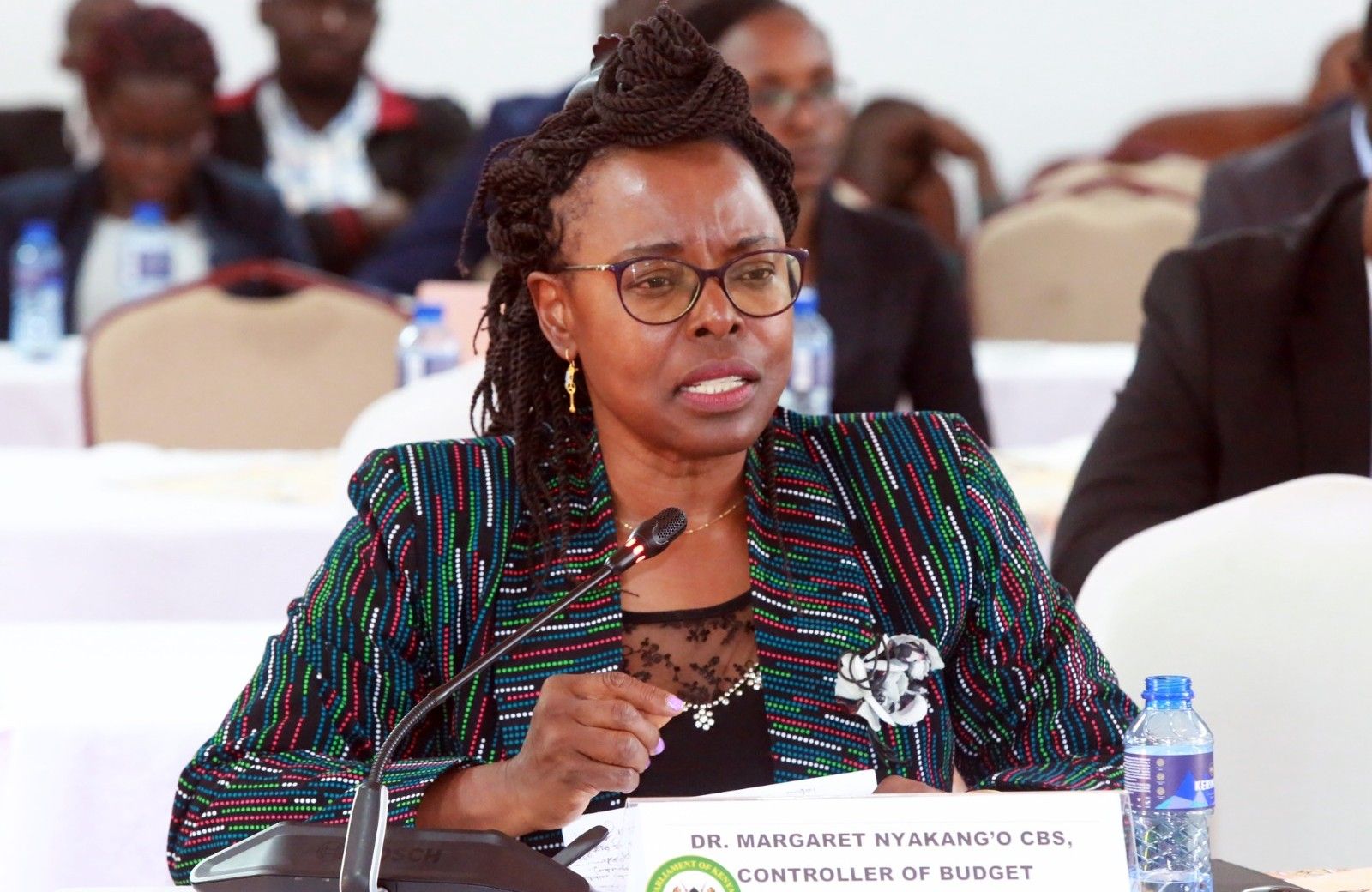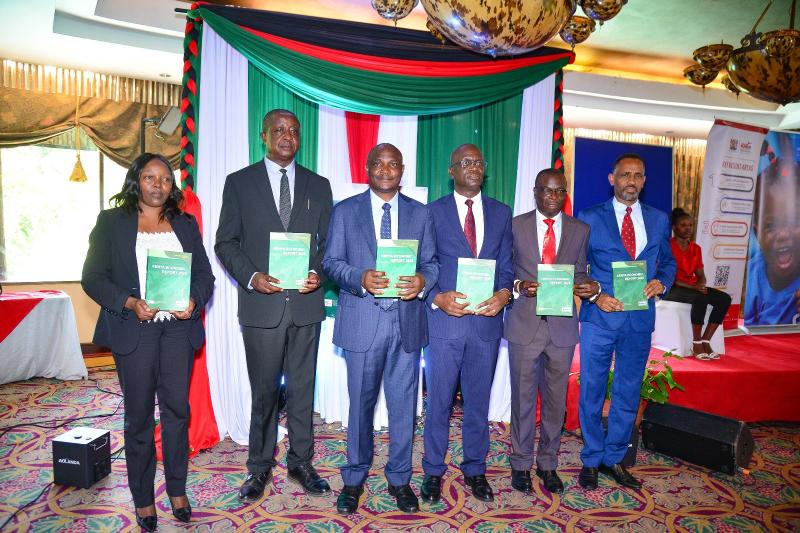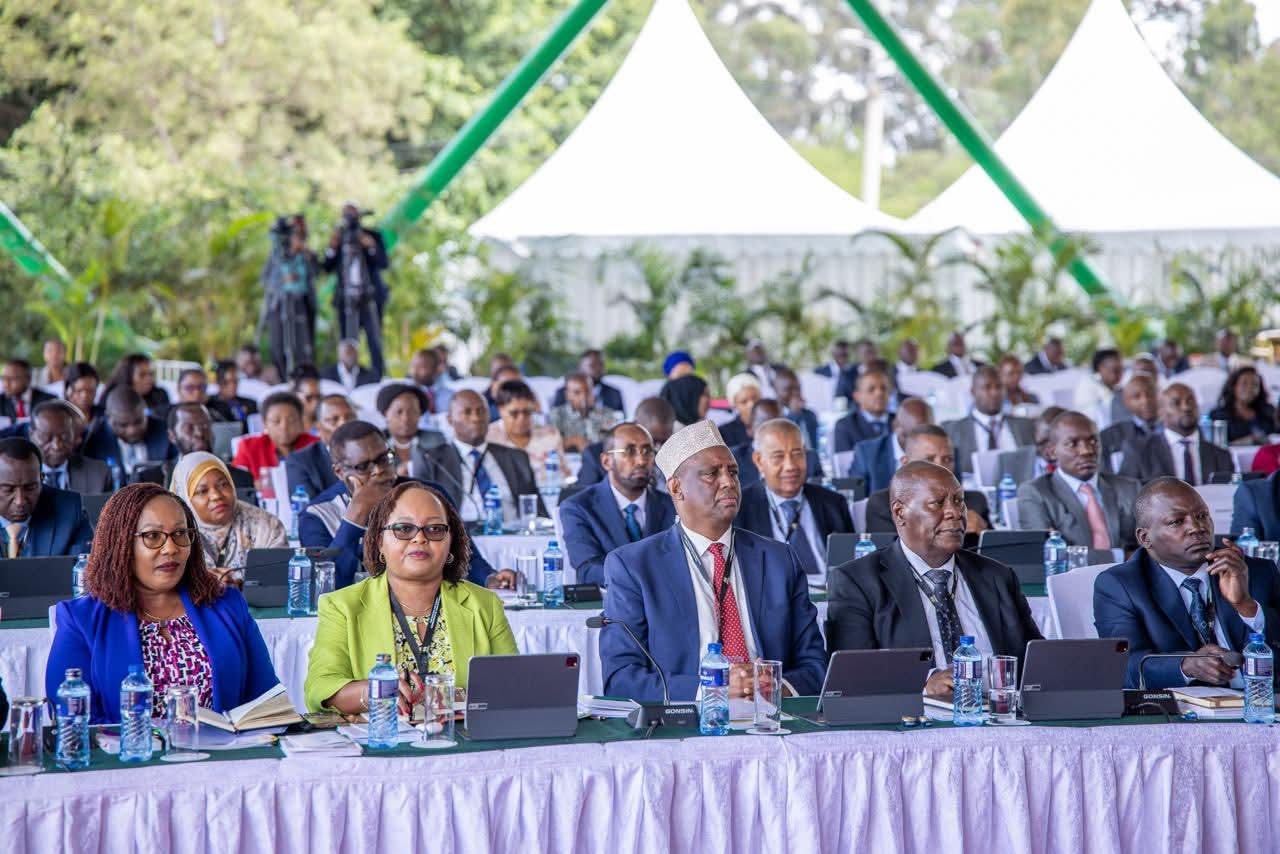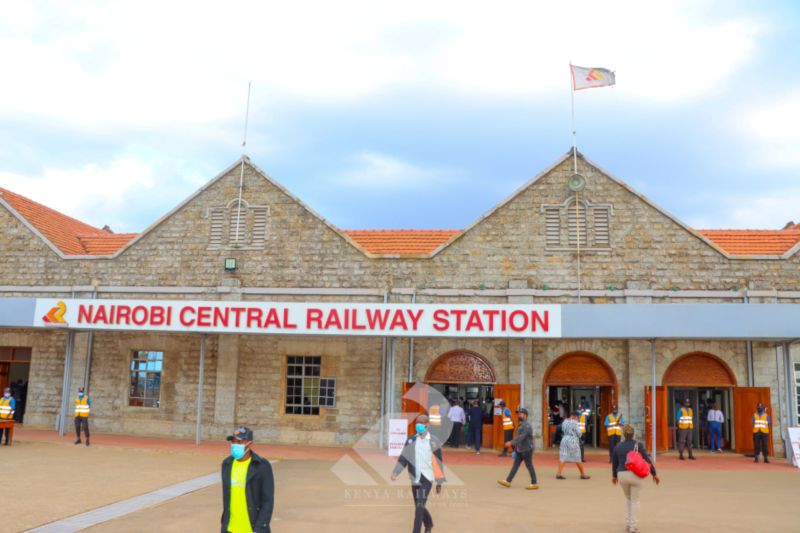EU and Rwanda deny claim of presence of RDF troops in Maputo

This follows a video claim that the forces had been disguisedly deployed in the city to suppress the "March on Maputo" protests.
The European Union and the Rwandan government have strongly denied claims that Rwanda Defence Forces (RDF) has deployed troops in Maputo, Mozambique.
This follows a video claim that the forces had been disguisedly deployed in the city to suppress the "March on Maputo" protests held over the weekend.
More To Read
- Family protests secret cremation of Kenyan engineer who died in Mozambique
- Kenya, Rwanda expand defence cooperation to include technology and innovation
- Kenyan High Commission in Maputo warns nationals over visa breaches in Mozambique
- Eastern African military commanders in Rwanda for key training
- Rwanda extends military mandate in Mozambique's troubled north
- UN commander welcomes Rwandan troops to South Sudan
"No evidence has been put forward to support the claims that Rwandese troops are present in Maputo," the EU said in a statement.
It added that though it supports Rwandan forces operating in Cabo Delgado with protective wear and transport to the area, the union observes full compliance with international law, in particular human rights law and international humanitarian law, adding that its implementation is subject to rigorous safeguards, controls and monitoring mechanisms.
"In light of the above the European Union absolutely refutes the grave and groundless allegations that the EU is financing the Rwandese army in Mozambique to violently repress protests in Maputo. The European Union cautions against the spread of misinformation and calls on all parties to observe calm. Restraint and sense of responsibility," the statement added.
The reaction by the EU follows a similar one issued by the Rwandan government on Sunday.
"There are no Rwandan troops in Maputo, Rwandan Security Forces are deployed strictly in Cabo Delgado province in joint operations with Mozambican forces against extremist Islamist fighters that have been terrorising residents in that province," Ms Yolanda Makolo, the Spokesperson for the Rwanda government said in a post on X.
Mozambique has been grappling with terror attacks from the Islamic State's linked ASWJ militants that accounted for 53 attacks between April and June this year.
The attacks claimed 180 lives, according to the latest data from the African Union.
The militia suffered the most casualties, having lost 92 during the attacks, while civilians accounted for 53 deaths and 35 security and military officers.
"During the under review, violent activities by ASWJ increased when compared to the previous reported period (Q1 2024). A total of 53 attacks were recorded, resulting in the deaths of 180 people. This represents a 37 per cent increase in attacks, and over 70 per cent increase in the number of deaths," the latest quarterly report on terrorism in its member countries notes.
The AU notes that while the group aims at destabilising the entire southern African region with its Cabo Delgado base and occasional attacks in Nampula, it continues to recruit from neighbouring countries within the broader Southern Africa region.
Rwandan and Tanzanian forces, alongside their counterparts from Mozambique, are amongst the forces deployed to quell the militia's activities in the region.
Top Stories Today










































